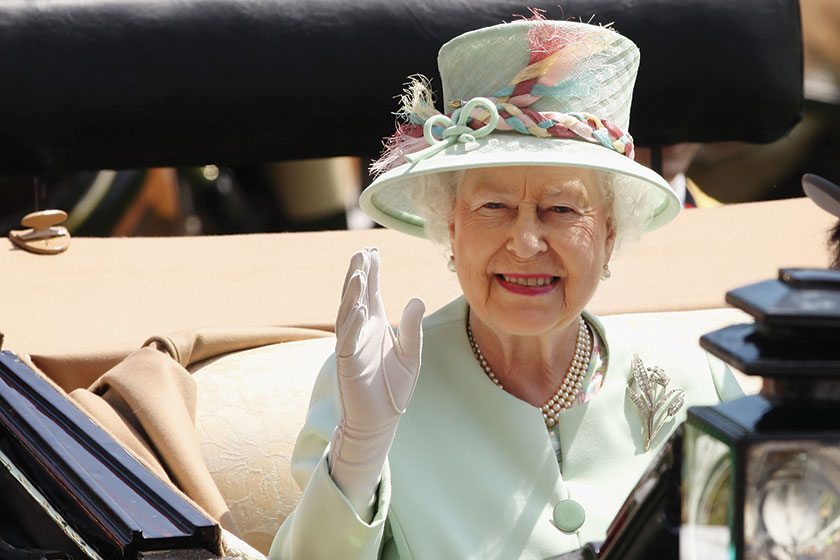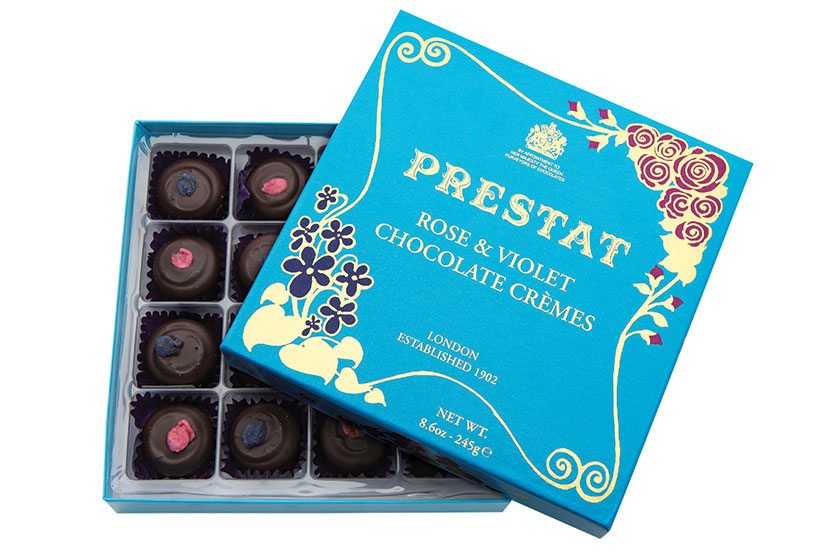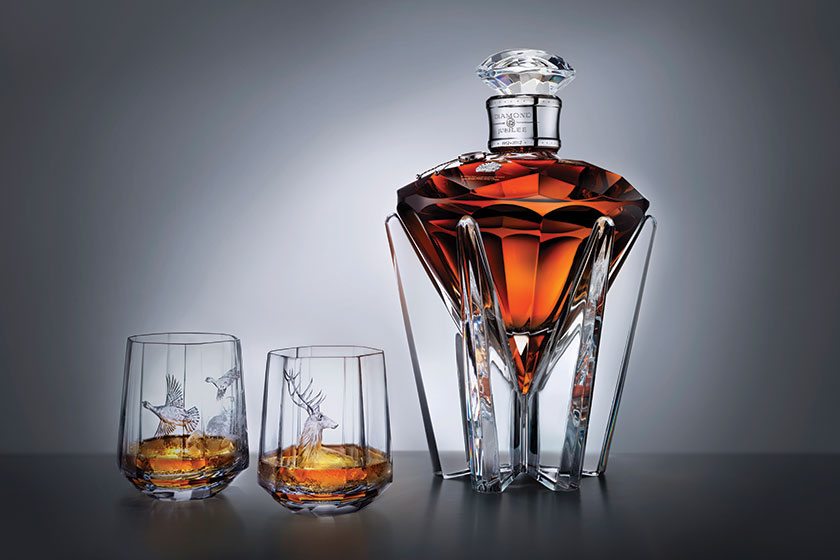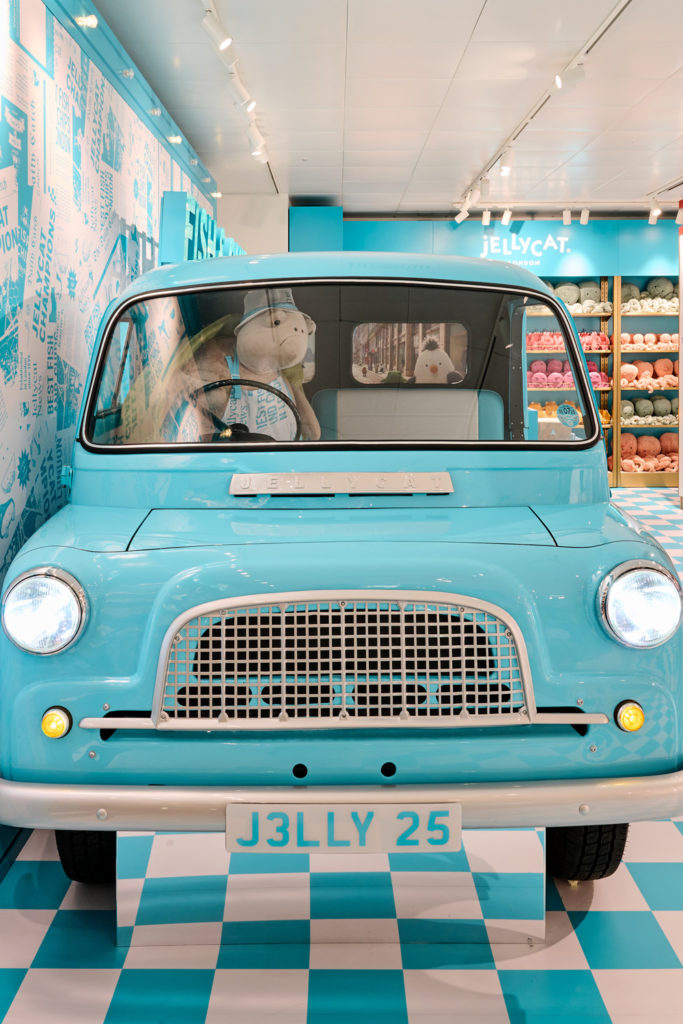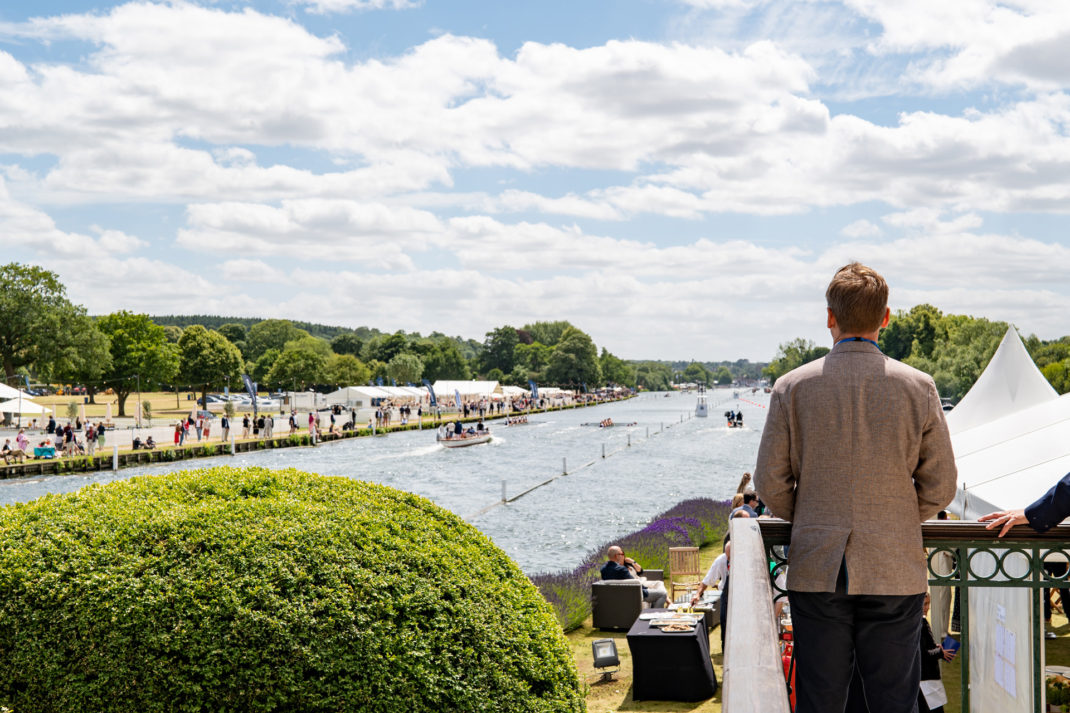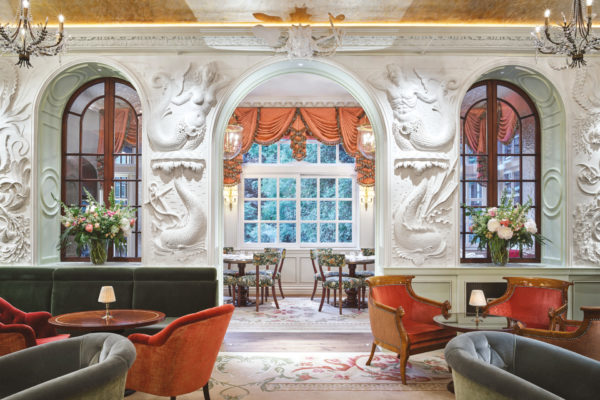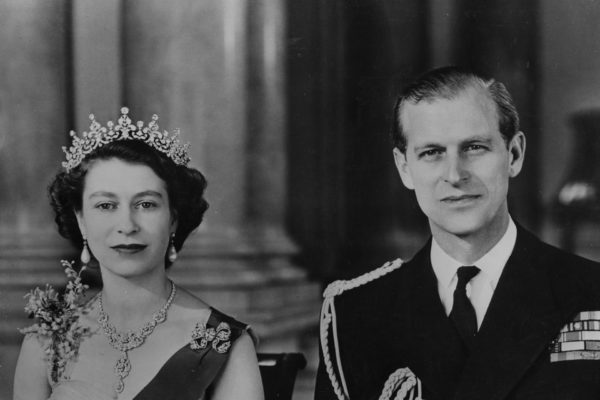Why Has Cadbury Lost Its Royal Warrant?
By
5 months ago
Anna Tyzack meets some of the companies for whom a Royal Warrant is worth its weight in gold
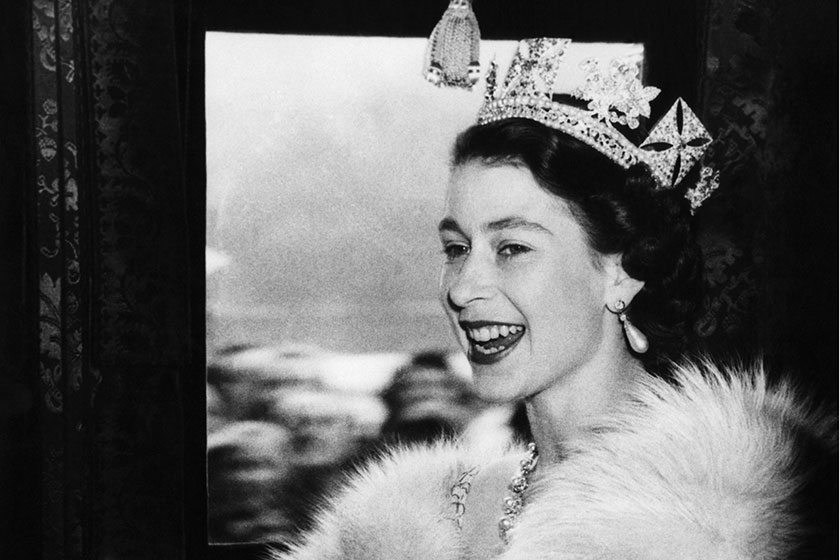
During Queen Elizabeth II’s reign, approximately 800 companies held a Royal Warrant in recognition of the goods and services they provided to the three most senior royals: the Queen, Prince Philip and their eldest son, Charles. But the sad news of the Queen’s passing changed things, and now it’s over to King Charles to pick his favourite brands (he selected 180 during his time as the Prince of Wales).
When Queen Elizabeth II passed away, her preferred brands had two years to remove the royal stamp of approval from their packaging, websites, marketing materials and the like, making space for the King’s fresh choices. The first round of companies was revealed in May 2024, with Charles selecting 145 companies and Queen Camilla selecting seven.
While, the King can maintain Royal Warrants – as he has done with John Lewis, Heinz and Nestle – he can also strip brands of their regal approval, and this comes with some controversy. Such is the case with world-famous Birmingham chocolatiers, Cadbury…
Why Has Cadbury Lost Its Royal Warrant?
Chocolate brand Cadbury has been dropped from King Charles’ list of preferred brands, meaning it is no longer a Royal Warrant holder. First granted a Royal Warrant by Queen Victoria in 1854, this ends the brand’s 170-year-long royal seal of approval, and the brand’s US owners, Mondelez International, has vocalised its disappointment. ‘Whilst we are disappointed to be one of hundreds of other businesses and brands in the UK to not have a new warrant awarded, we are proud to have previously held one, and we fully respect the decision,’ a spokesperson for the brand said.
So why might Charles have dropped Cadbury? While the royal household does not divulge its decision process, the news of Cadbury not making the cut comes after campaign group B4Ukraine urged the King to withdraw warrants from companies ‘still operating in Russia’, specifically naming Mondelez and Unilever. Both Mondelez and Unilever have been stripped of the accolade.
You can find their full list of King Charles’ Royal Warrant Holders here.
What Is A Royal Warrant?
A Royal Warrant is akin to a seal of approval from the British monarch, awarded to brands that provide the monarch and their palaces with goods and/or services. The custom dates back to 1155, when Henry II gave the very first royal warrant to the Weavers’ Company.
Here we look back at some of the companies that were granted a Royal Warrant during the Queen’s reign.
Brands That Were Granted A Royal Warrant During The Queen’s Reign
Cornelia James
Ever since Her Majesty left her wedding in 1947 wearing a pair of soft fabric Cornelia James gloves, she remained loyal to the East Sussex-based glovemaker. ‘When you see her black car pulling away and the white gloved hand at the window, that’s one of ours,’ said Andrew Lawson, managing director of the company, which was set up by the late Cornelia James in the Forties. ‘She’s clearly very forward thinking as gloves are the most transformative accessory: they add drama and spectacle, and you catch fewer colds.’
Berry Bros & Rudd
Wine merchant Berry Bros & Rudd, which holds two, has held a Royal Warrant for more than two centuries.
Prestat
Explaining the difficulties involved in being awarded a Royal Warrant, Nick Crean of chocolatier Prestat, maker of the Queen Mother’s favourite rose and violet creams, recently revealed that: ‘There was some debate as to whether she bought enough of our chocolates to qualify for a warrant but this was only because she was given so many,’ explains Nick, who was awarded the Queen Mother’s warrant in 1999. ‘She eventually asked how many chocolates she’d have to eat before we qualified. We received her warrant in her centenary year.’
He also spoke of the impressive variety of the chosen brands: ‘It’s the most fascinating group of people,’ says Nick. ‘At Warrant Holders’ events there’ll be horse feed merchants, champagne houses and royal rat catchers all in one room.’
The royal households are exacting customers, there’s no question, but they do appreciate the efforts of their warrant holders. Nick was reminded of this a few years ago when he was a little late in sending out the four pound Easter egg he would craft for Her Majesty each year. ‘I received a frantic call from a lady-in-waiting asking what had happened to it,’ he says. ‘At first I thought it was a friend playing a joke but when they asked me to get it to Windsor, I jumped to it.’
Nick knows as well as any other warrant holder that it’s essential not to step out of line. Every five years warrants are reviewed and they can be discontinued or cancelled. ‘As a hallmark of quality, it makes us continually assess how we conduct our business,’ Nick says. ‘But it can only be a good thing to be kept on your toes.’
Swaine Adeney Brigg
The list features a large number of artisans – the Queen’s whip maker, Swaine Adeney Brigg, for example, who is also King Charles’s umbrella maker.
Judy Reid
Florist Judy Reid spends many hours each year arranging floral displays in the flower room at Holyrood Palace in Edinburgh. Yet, even after holding a warrant for seven years, she still feels apprehensive about the responsibility of working in the palace. ‘Flowers are a living thing, so you can never fully relax,’ she says. ‘I worry if they’re going to be out on time; if they’re going to last. And I can’t trust the Scottish weather when it comes to the displays for the garden parties.’
Gordon Bell
Piano tuner Gordon Bell finds his ventures into the royal circle equally daunting. He has his car valeted before turning up at Balmoral.
Button’s Saddlery
Adrian Button, of Button’s Saddlery, who was granted Her Majesty’s warrant for saddlery and riding wear, gets butterflies in his stomach when he delivers a new saddle to the stables at Windsor Castle. ‘You have to remember where you are,’ he says. ‘There’s a tendency around horses to treat everyone the same.’
Over the last decade the selection committee has become increasingly concerned that holders demonstrate sound ethical and sustainable principles. Adrian Button, who set up the business with his wife Sheila 43 years ago and has kitted out the first ponies of several royal family members, uses recycled leather to make his tack, while Judy is meticulous about composting the waste leftover from her floral displays.
Walcot Organic Nursery
One of King Charles’s newest warrant holders is Walcot Organic Nursery in Worcestershire, whose organic fruit trees are thriving in the orchards at Highgrove. ‘An initial purchase became a bi-annual thing, so we must have been doing something right,’ says Kevin O’Neill, a passionate horticulturalist, who founded the company 15 years ago. ‘Growing organic fruit trees has its challenges but it’s wonderful for a sustainable company to have been recognised alongside so many larger companies.’
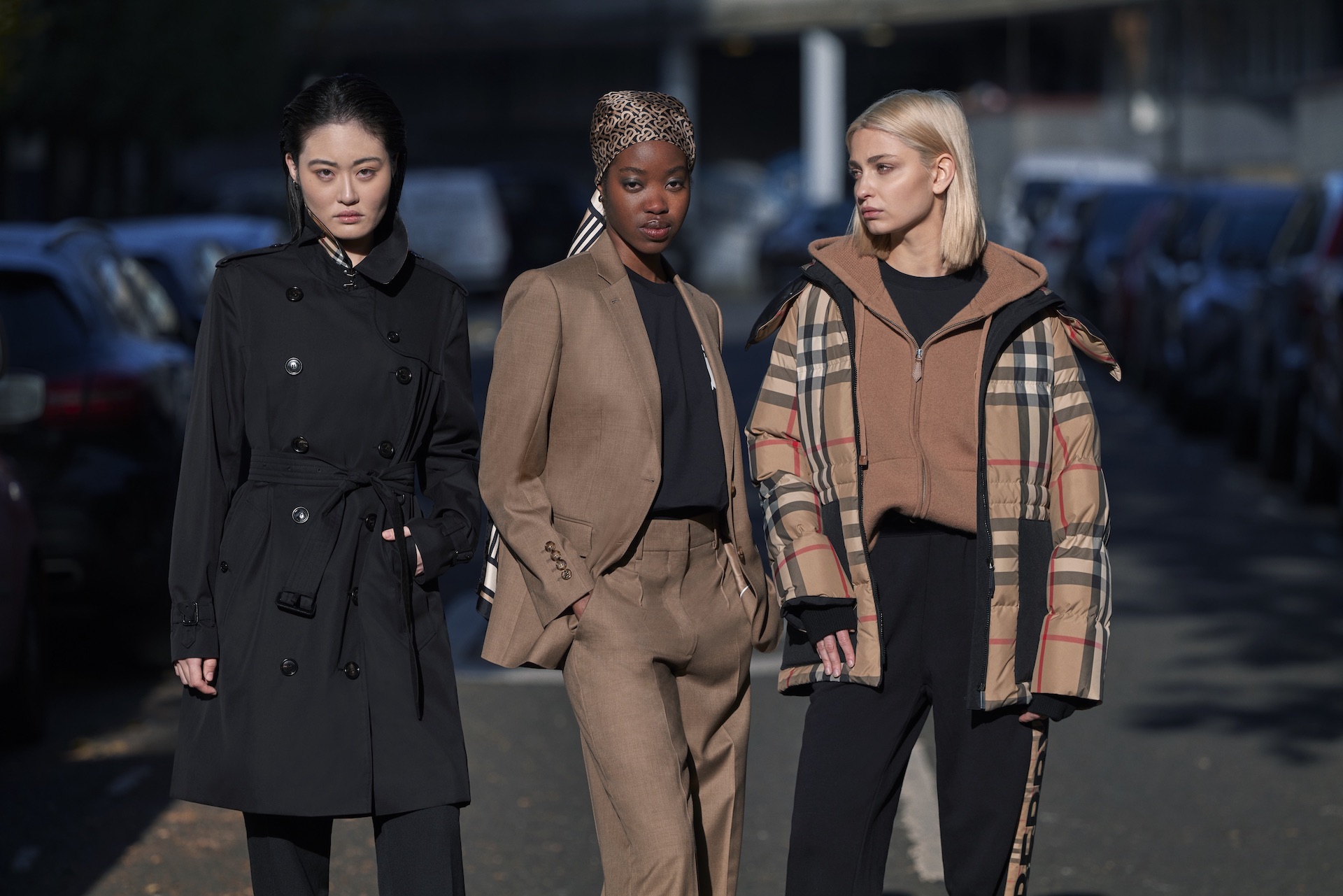
And More…
Surprisingly for some, there are some less posh, more ‘high street’ brands on the list too. Baked beans and ketchup purveyor Heinz holds the Queen’s Warrant, as do Kellogg’s, Samsung and Car Phone Company. It’s also proof that the Royals aren’t exempt from the mundane expenses – and irritations – of any household: pest controllers, gas suppliers, mechanics and cleaners are all on the list.
As well as providing exemplary service, a warrant holder must be discreet – never divulging details of their business with the royals. All companies are thoroughly vetted and security checks performed on those passing through the gates of a royal household.
Other companies granted a Royal Warrant during the Queen’s reign include:
- Green Fuels, which makes biodiesel out of waste cooking oil.
- Burberry, renowned for its iconic trench coat, was granted a Royal Warrant in 1955.
- Inverawe for its smoked salmon.
- Halcyon Days for its objets d’art.
- Louis Roederer for Champagne.
- Elizabeth Arden was Her Majesty’s warrant for cosmetics.
- Floris for perfume.
- Ettinger for leather goods.
- William & Son for gold and silversmithing.
- Barbour for raincoats.
- Hunter for wellies, of course.
- Gordon’s and Tanqueray for gin.
- Laphroaig, Dewar’s and Johnnie Walker are the three whisky distillers with a Royal Warrant.
- Bentley for cars.

